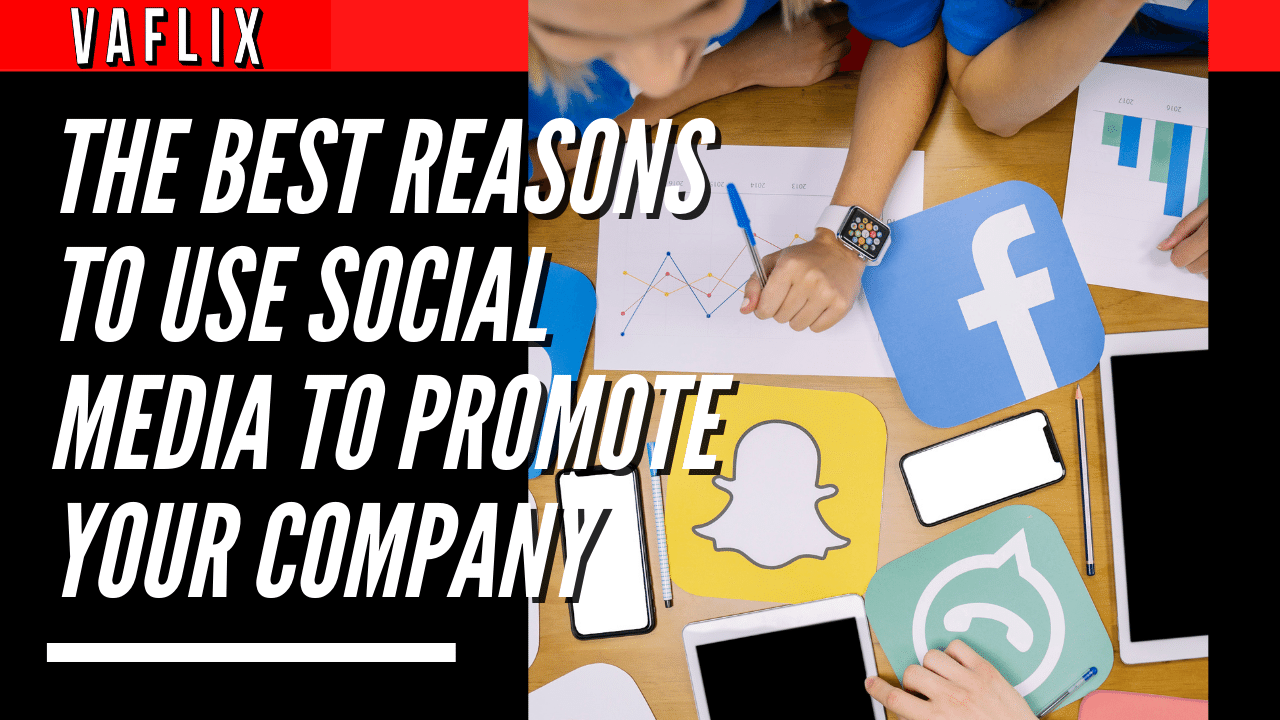Hire a Virtual Executive Assistant
The Good and Bad of Hiring Local vs Casting a Wider Net
When you need to fill a position at your company, you have two choices: hire someone locally or look further afield. Depending on whether you want the worker to move or work from home, “further away” could mean another city, another state, or even another country. There are pros and cons to hiring locally, but there are also pros and cons to casting a wider net.
Advantages of Hiring Outside Your Location
First of all, hiring a candidate from outside your local area has a number of advantages over sticking with candidates who live nearby.
1. Access a Larger Talent Pool
When you open up your search to people from all over the world, you can find a lot of good people. This is helpful if you can’t even find the skills you need in your own area.
Also, you can be pickier when you have more people to choose from. If you hire someone close by, you might have to settle for someone who isn’t quite what you need. By widening your search, you can find the perfect hire: someone with the exact background you’re looking for and a work style that matches yours.
2. Greater Range of Experience
If you hire people from the area where your business is based, they may have never worked anywhere else. This limits the amount of experience they are able to bring to the company. If you look at a wider range of candidates, on the other hand, you might find someone with unique experience who could help your business in ways you hadn’t even thought of.
Also, having a wider range of experiences often means meeting new people. No matter how big or small your business is, you can always use more contacts to find new opportunities.
3. Fresh Perspectives
If you hire people from outside your area, you might have to find people who work differently than you do. Getting a new point of view can help in many ways, from solving problems better to coming up with better product ideas.
4. Workplace Culture
Diverse workplace culture is made up of people from different backgrounds. This makes everyone on the team happy. When people work together, they can build on each other’s ideas to come up with even better ones.
5. Bilingual Workers
To grow into new markets, you may need workers who can speak other languages and understand other cultures. When you look in a wider area, it’s much easier to find bilingual workers, especially if you need someone who speaks a less common language or knows about a certain country.
Advantages to Hiring Locally
Even with all these benefits, there are still a number of reasons why businesses continue to hire people from the area.
1. No Language Barriers
If you hire someone whose first language isn’t English, there’s a higher chance that you won’t understand each other. Before you decide to hire someone, you may need to test their written and spoken English.
2. Uncomplicated Process
When you hire someone outside of your local area for the first time, there are a lot of extra things to think about. For example, if you hire someone from outside the country, you need to know what the law says. If you need to bring the person into the country, you may have to apply for a visa.
Relocating vs Remote Work
If you do decide to hire people from outside your area, you’ll need to decide whether you’ll ask candidates to move or build a remote team.
What are the pros and cons of moving employees?
When you ask someone to move, you get access to a large pool of talent and the benefits of having employees in the office with you. For instance, communication is more straightforward and it’s easy to form personal connections.
But it’s limiting to ask employees to move. You’ll need to find someone who is willing to come to your area. You may also have to pay more money and spend time figuring out how things will work.
The Good and Bad of a Remote Team
Most companies find that building a team that works from home is the best choice. This way, you can hire anyone you want, regardless of where they live. Plus, you’ll be able to keep taking advantage of talent from outside your area.
There are, however, a few things to watch out for. For example, it can be harder to keep employees who work from home interested, especially if they don’t feel like they belong to the company. There is also a higher risk of low-quality work, particularly in the case of miscommunication.
Tips to Build a Successful Remote Team
Putting together a team of people who work from home when you’ve only ever had people who work in your office before takes some planning. But if you remember a few simple best practices, you can get around almost all of the bad things about having a remote team.
Welcome your employees
Through remote onboarding, you can help your new employees feel like they are a part of the team. It’s best to make a framework for onboarding that you can use for all of your remote employees, both the ones you hire now and the ones you hire later. Your onboarding should help employees know where to find their jobs and who to report to. This will keep their morale high and help them work as much as possible.
Keep Lines of Communication Open
Make sure your employees feel valued even after they’ve been hired by talking to them often. This is also important so that employees will come to you if they have any questions, which can help to keep mistakes from happening.
Understand Labor Laws
If your workers are in a different state or country from you, they are subject to different labor laws. Each state has its own rules about things like the minimum wage, overtime pay, payroll, and breaks. Some countries may also have other rules you need to know about. It’s important to learn about these rules so that you don’t break the law.
Equip Employees with the Right Tools
Give your workers the software they need to do their jobs well and stay motivated. This could include tools for video conferencing, keeping track of time, managing projects, and getting work done.
Take Steps to Ensure Security
Share security advice with your remote workers to minimize the risk of a data breach or cyber attack. This is even more critical with remote workers than in-house employees, as it’s difficult to put systems in place yourself.
Options for Building a Team
Lastly, there are two ways to build a remote team: you can hire employees or hire workers from other places. There are some important differences between the two.
Hiring Employees
When you hire someone, they become a permanent part of your team. The worker can either work full time or part-time. You’ll have to pay benefits, add the worker to payroll, and give them time off.
If you want the person to work only for you, or at least for a set number of hours a week, hiring them may be the best choice. However, hiring employees is more expensive than outsourcing. It only makes sense if you have a steady stream of work.
Outsourcing Talent
When you outsource, you hire people only when you need them. This could be done on a project-by-project basis, or you could ask for regular (but not consistent) hours. You only pay for the work you get, either by the hour or by the project, and you don’t have to give benefits.
Outsourcing is a great choice if you have short-term projects or a variable amount of work. It is also the simpler choice if you want to work with professionals in another country..
Plus, outsourcing means your business is extremely scalable. In fact, you may want to start out with mostly outsourced workers and add employees as your business grows.
Still, you should be aware that there is always a chance that if you outsource, your best employees could leave quickly if a better job comes along.
The Takeaway
There are many good things about hiring people from outside your area, and the few bad things are easy to get around. The best thing about building a remote workforce is that you don’t have to worry about logistics, and you can hire almost anyone you want.
An excellent way to start building your remote workforce is with a virtual assistant. With a virtual assistant from VA FLIX, you can delegate a huge range of tasks, including specialist activities like social media, graphic design, and marketing. Schedule a consultation to discuss how our VAs can support you.



















